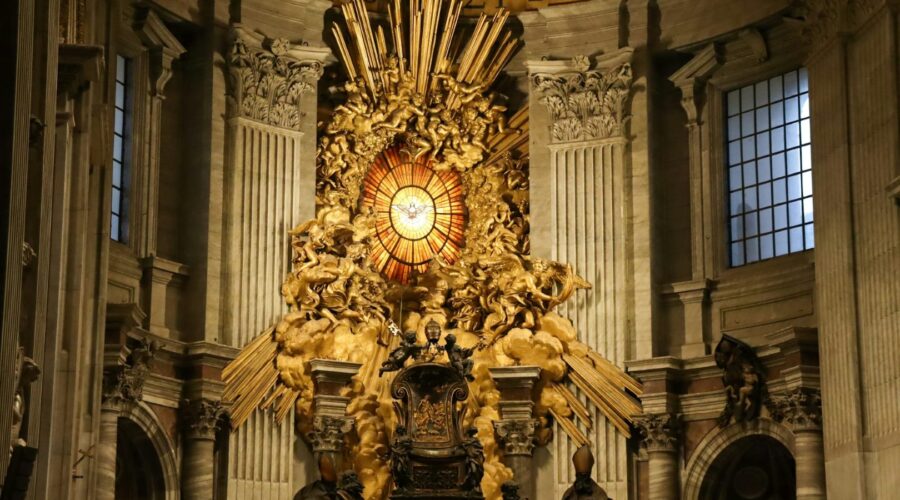Your cart is currently empty!
A Comprehensive Guide to First Communion: A Sacrament of Faith and Tradition

Introduction
First Communion, also known as the Eucharist, is a significant milestone in the lives of young Catholic Christians. This sacred rite marks the first time children receive the bread and wine that symbolize the body and blood of Jesus Christ. It is a special occasion filled with joy, tradition, and spiritual growth. This guide provides a comprehensive overview of First Communion, its history, significance, preparation process, and celebration.
The History and Significance of First Communion
Origins
The practice of First Communion can be traced back to the early Christian Church. The Didache, an early Christian text, describes a rite of baptism and anointing that included the distribution of bread and wine. Over time, this practice evolved into a separate sacrament known as the Eucharist, which was reserved for baptized Christians.
Significance in Catholicism
In the Catholic Church, First Communion is considered one of the seven sacraments. It is believed that through the Eucharist, the faithful receive the grace and presence of Christ, strengthening their bond with God and the Church community. For young children, First Communion is a memorable and meaningful step in their faith journey, as it marks their full initiation into the Catholic community.
Preparation for First Communion
Religious Education
Children typically begin preparing for First Communion around the age of seven or eight. They participate in religious education classes, where they learn about the history, beliefs, and practices of the Catholic Church. They study topics such as the Trinity, the Bible, the Mass, and the importance of prayer.
Sacrament of Reconciliation
Before receiving their First Communion, children are encouraged to receive the Sacrament of Reconciliation. This involves confessing their sins to a priest and receiving forgiveness. Reconciliation allows children to make a clean break with the past and approach Communion with a pure heart.
Parental and Parish Support
Parents and the parish play an essential role in preparing children for First Communion. Parents help their children understand the significance of the sacrament and support them throughout the preparation process. The parish provides the resources and guidance necessary for a meaningful celebration.
The Celebration of First Communion
The Mass
First Communion is typically celebrated within the context of a Mass, which is the central act of worship in the Catholic Church. The Mass includes readings from Scripture, a homily, and the distribution of Communion.
Receiving Communion
The moment of receiving Communion is the culmination of the preparation process. Children approach the altar and receive a small piece of bread (the body of Christ) and a sip of wine (the blood of Christ).
Rite of Confirmation
In some dioceses, the Rite of Confirmation may be celebrated immediately following First Communion. Confirmation is a sacrament that strengthens the baptismal gift of the Holy Spirit and completes the process of Christian initiation.
Gifts and Celebrations
Traditional Gifts
Traditionally, children receive gifts that symbolize their new status as communicants. These gifts often include a Bible, a rosary, a crucifix, or a prayer book.
Celebrations
Families and parishes often celebrate First Communion with special dinners, parties, or other gatherings. These celebrations provide an opportunity to recognize the importance of the occasion and to share joy with loved ones.
Tips for Parents
Talk to Your Child
Open and honest communication is essential. Talk to your child about the significance of First Communion in a way that they can understand.
Attend Religious Education Classes
Encourage your child to attend religious education classes regularly and participate actively.
Make it a Special Occasion
Plan a special celebration that includes family and friends to mark this important milestone in your child’s life.
Be Patient and Supportive
The preparation process can take time and effort. Be patient and supportive of your child throughout their journey.
Focus on the Spiritual Significance
While the celebration is important, remember that the focus should be on the spiritual significance of First Communion. Help your child understand the sacrament’s meaning and its role in their faith.